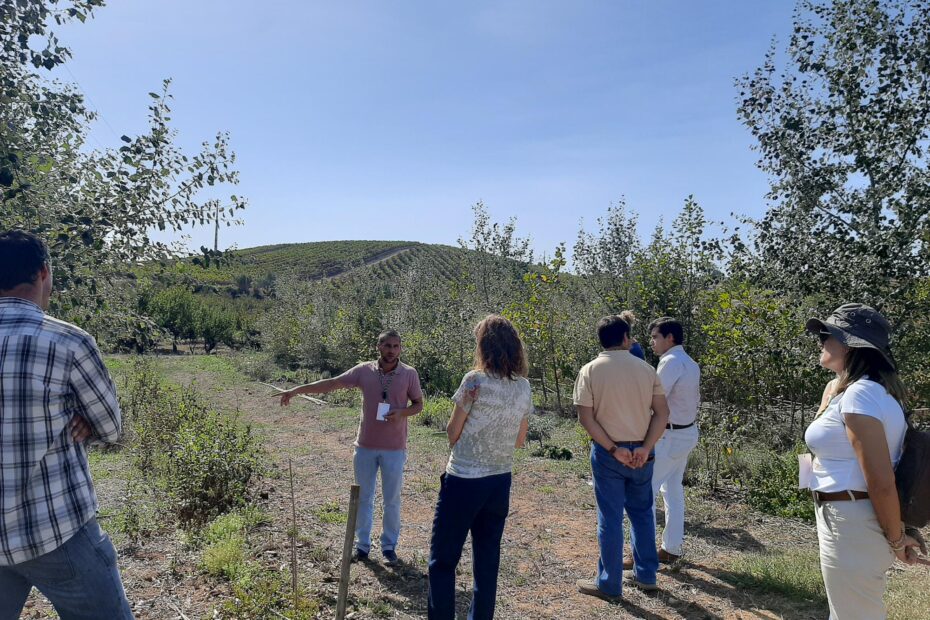IPMWORKS has released a new policy brief outlining recommendations for scaling Integrated Pest Management (IPM) adoption through farmer demo networks. While IPM is recognized as a key approach to reducing pesticide use and improving sustainable farming practices, its widespread adoption remains limited due to challenges in translating theory into practice.
The policy brief highlights the effectiveness of demo hubs—groups of 10-15 motivated farmers, supported by dedicated hub coaches, who test, adapt, and share IPM practices. These hubs provide hands-on demonstrations and foster peer-to-peer learning, helping farmers tailor IPM strategies to their specific regional and farm-level conditions.
Key Policy Recommendations:
- Support Peer-to-Peer Learning
- Fund IPM demo hubs through CAP measures (Regulation 2021/2115 CAP, Art.15, Art.78).
- Recognize active participation in demo hubs as part of mandatory pesticide training requirements.
- Invest in Hub Coaches
- Provide funding for hub coaches’ salaries and operations.
- Offer continuous training and networking opportunities for hub coaches in both technical IPM knowledge and facilitation skills.
- Facilitate On-Farm Demonstrations
- Support farmers conducting real-life IPM experiments by covering their time and potential losses.
- Promote farm visits and demo events to share experiential knowledge.
- Encourage International Knowledge Exchange
- Enable cross-country visits for farmers and coaches to share best practices.
- Strengthen EU-wide networking for coordinated hub development and data collection.
- Enhance Policy Engagement with IPM Hubs
- Involve IPM demo hubs in policy development.
- Ensure policymakers engage in demo events to better align regulations with practical farming realities.
📄 Read the full policy brief here.
